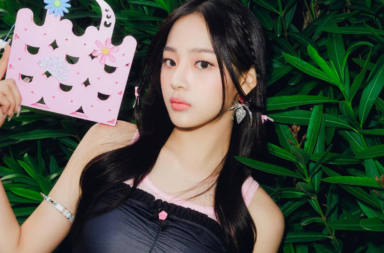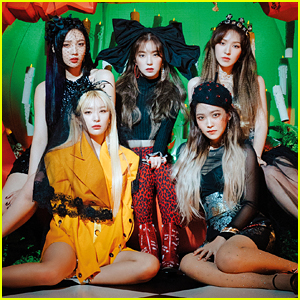
Red Velvet member Irene has been caught in a huge controversy over her behavior towards a famous editor, which may come with heavy consequences for her career. On the 20th of October, editor Kang Koo-hwa released an Instagram post detailing her negative working experience with a famous idol, who verbally abused and mistreated her. Kang claimed that the idol’s bad attitude is common knowledge in the industry and that for the first time in her career, she was this humiliated.
As Kang used the hashtags #psycho and #monster, suspicions quickly fell on Seulgi and Irene with the latter alongside her company SM Entertainment, coming forward to admit that she is indeed the idol mentioned in the post. Despite Irene reportedly meeting with and apologizing to Kang, the controversy grew bigger afterwards. Eagle-eyed fans and netizens noticed that Kang’s post had been liked by several famous stylists, who all previously worked with Irene. This quickly led to the assumption that Irene did not simply have a bad day, but regularly displayed this demeanour towards those she worked with and potentially also her staff and members.
With the exposure of an idol as popular and near-perfect as Irene, the question of whether there might be more idols who behave similarly towards editors, stylists or staff members has arisen. Is the K-pop industry with its highly perfectionist tendencies facilitating this demeanour and subsequently such controversies? If so, what might be the reasons behind this?
Until this controversy, Irene had earned herself a reputation as an intimidating, beautiful and cold idol, who was known as quick-witted and awkward. Female idols with these images usually walk a fine line between being viewed as cool or simply rude, but Irene seemed to have found the balance. Her shy and sometimes non-responsive personality was, however, occasionally misunderstood, earning her criticism on a few occasions e.g. during the entrance to a fansign or when she barely filled out a form on Weekly Idol. After Kang’s post, these incidents are now being viewed in a different light. Moreover, Irene is facing harsh criticism from the public for several reasons: Irene is almost 30 years of age and has a motherly image in Red Velvet. Especially for the career of a female idol, these attributes are very restricting as they come with the expectation that she treats everyone equal, has a mature character, and is respectful towards others.
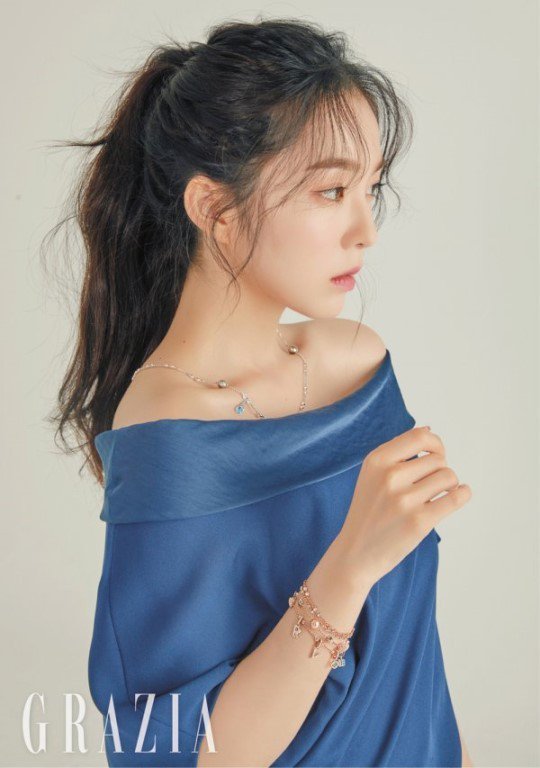
What really elevates this controversy to another level is, that it has a cultural connotation. In South Korea’s highly hierarchical society, mistreating and abusing people, who are inferior to oneself is referred to as Gapjil, a type of behavior that is highly looked down on and has led to notable scandals. It is estimated that 70 percent of Korean workers faced workplace harassment.
In 2017, politician Kim Moo-sung was seen throwing his suitcase at his assistant without giving him a look. The same year, a video of nurses being forced to perform sexy dances for their colleagues at a private hospital went viral. There is also the infamous nut rage scandal in 2014, during which the vice president of Korean Air lashed out at a flight attendant for lacking food service, and subsequently ordered the plane to return. These incidents speak volumes about the persistance of a strict hierarchical system and the deep-rootedness of abuse in Korean society initiated by those that are of higher positions.
Similarly, the Korean entertainment scene had cases of Gapjil, the most notable occuring in 2018, when members of the group The East Light made the shocking revelation that they were suffering verbal and physical abuse from their company. K-pop is, after all, a product of South Korea that not only adapts the hierarchical social structures but enhances them as idols are considered to be role models to the average citizen.
While the controversy surrounding Irene may not be of this severity, it exemplifies once again someone in power mistreating someone of inferior standing. For both Irene and Red Velvet, there have already been consequences –- SBS cut Red Velvet’s performance from airing during the Gangnam Festival, and Irene’s Clinique ads have widely been removed from stores.

In general, many groups and idols are known to have healthy and friendly relations with their staff and company. Exo, IU, and Twice are among the many idols, who repeatedly earned praise for their easy-going interaction with their staff members, stylists, and photographers with some coming forward to reveal the positive working experiences they make with these idols. IU was revealed to have resigned with her company under the sole condition that she can continue working with her staff team. The members of Twice also earned praise for their kind attitudes from the behind-the-scenes team during filming. EXO’s staff have further revealed how well they have been taken care of by the members. A good and friendly relation between idols, their staff, the stylists, and editors they collaborate with is therefore indispensable for an idol’s career as they accompany idols round the clock and can help elevate idol’s image when mentioning positive experiences.
Taking a closer look at the reversed relationship of how companies treat their idols, financial interests are fundamental to this treatment. Companies invest huge amounts of money into the training of idols and in return hope to achieve profit once they debut. Bigger success and popularity equal better treatment. This is why there have been several incidents involving less popular groups, who were mistreated by their company and staff.
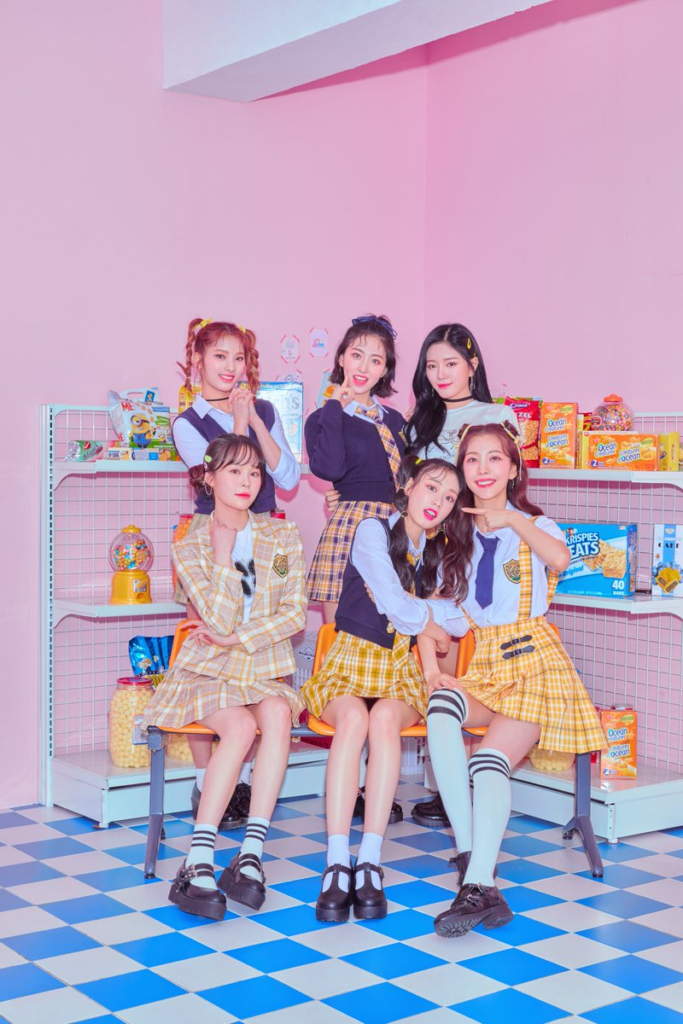
Earlier this year, girl group ANS announced their disbandment revealing that they were stripped of their dorm, their staff, and were not taken care of by their company. In September this year, during the V Live of girl group Fanatics, a staff member repeatedly made rude comments towards the members, asking them to remove the blanket to show their legs. As these groups are not known to the public, these incidents mostly go unnoticed.
The working conditions for groups and idols with larger popularity and higher earnings likely differ — they are usually taken better care of by their company as companies simply cannot afford to mistreat these idols. This became evident in July 2019 when pictures of NCT Dream member Renjun left alone in the rain looking for the group’s car spread. Both SM Entertainment and NCT Dream’s staff were met with heavy backlash particularly from fans with some asking for the removal of the staff members. This goes to show that companies meet fan’s rage should such incidents happen.
Another notable factor that further underlines the facilitation is media and fan treatment. Both parties contribute notably to the image-making and breaking of popular and successful idols. Idols can earn praise for many things like their behavior, their performing or singing skills, and their musical achievements. However, they can quickly also be subjected to criticism for a lack thereof to the point their image and popularity can take lasting damage.
Irene is one of Red Velvet’s most popular members and has earned notable attention for her visuals, her dancing skills, and her numerous advertisements. However, now that word is out that she mistreated an editor, there have been many articles about how she doesn’t contribute much to the group with some fans even requesting her removal from Red Velvet. This illustrates how controversies can be a free-fall for idols with the media assuming a notable role in this.
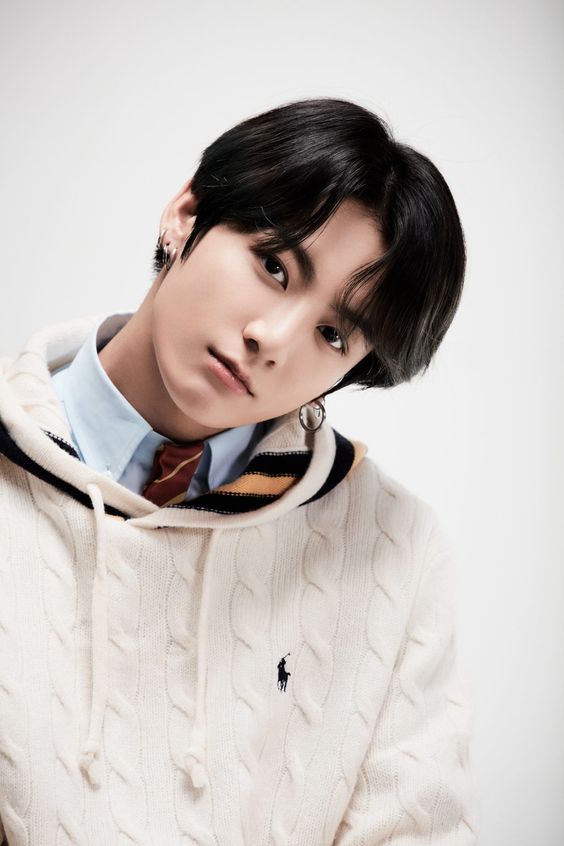
How fast the tables can turn also becomes apparent when looking at other idols. BTS e.g. have — as a result of their achievements outside of South Korea — been portrayed by the media and their fans as hard-working, grounded young men. Earlier this year, member Jungkook was caught up in a controversy after going out in the district of Itaewon during the Covid pandemic. This drew negative responses from both the media and his fans with some going as far as accusing him of negatively impacting the group’s image and demanding he return his orders of cultural merit.
Former f(x) member Sulli also went from media and fan darling to one of the idols, who has frequently been subjected to severe criticism from both media and fans after being confirmed to be in a relationship and openly tackling feminist issues and cyberbullying. Both fans and media have generally nitpicked all of her actions, blaming her for f(x)’s hiatus and criticizing her outspokenness about feminist issues such as her decision not to wear a bra. In the end, the cyberbullying Sulli experienced lead to her tragic suicide at the tender age of 25.
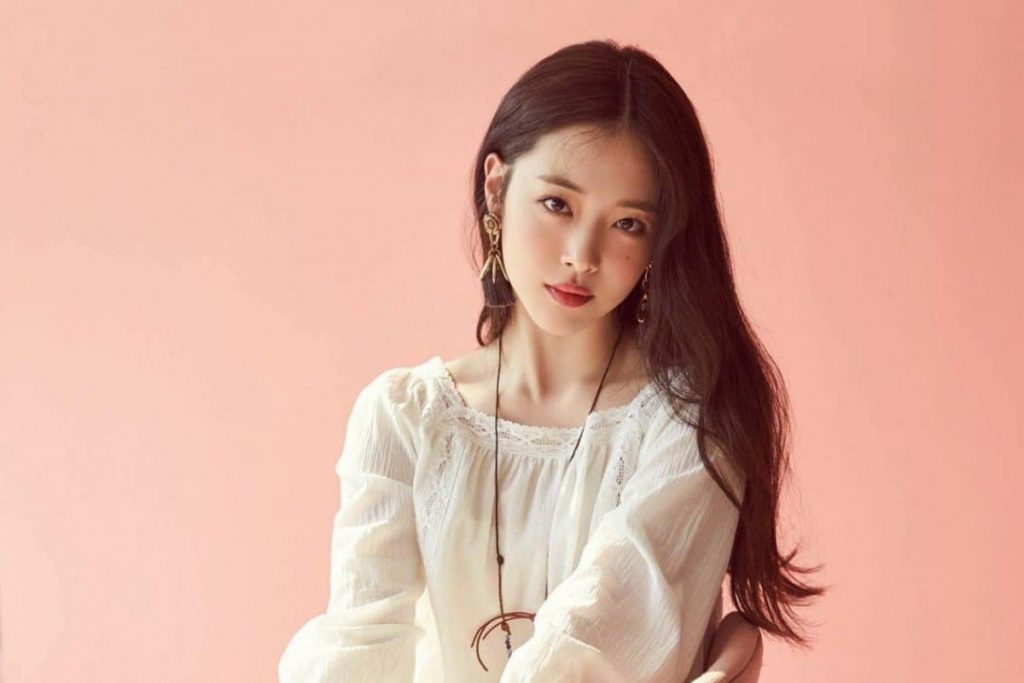
Many idols experience Gapjil prior to achieving popularity, but once they have a breakthrough, the pillars of the industry — the companies, the media, and the fans — help to maintain their popularity, thus creating a risky environment. In Irene’s instance, as one of the most popular female idols of this generation, both the treatment from SM Ent. and the immaculate image created by the media and her fans contribute vastly to the extent of the controversy. Her image as a cold beauty and motherly figure to her members has effectively been shattered, evoking the impression that in her high position she has abused her power. A deep reflection on her part is therefore indispensable.
Despite the passing of an anti-bullying law in 2019, Gapjil continues to be a ubiquitous problem in South Korean society and in the Korean entertainment scene with little improvement and the exposure of cases from time to time. In K-pop, it does not exclusively apply to Irene, but may likely encompass more idols. As neither fans nor the public knows what is going on behind the scenes in the K-pop industry, this is, however, merely a hypothetic assumption. With Kang making the start, more staff workers, stylists or editors may find the courage to speak up on mistreatment in the industry and help to shape an environment that doesn’t allow such controversies in the first place.
(BBC, CNN, No Cut News, the qoo [1][2], Huffington Post, Instiz, The Korea Herald [1][2][3], The Korea Times, La Rochelle Universite, Segye Ilbo, South China Morning Post, Youtube, Images via Grazia, Fent Entertainment, Kakao M, SM Entertainment)


